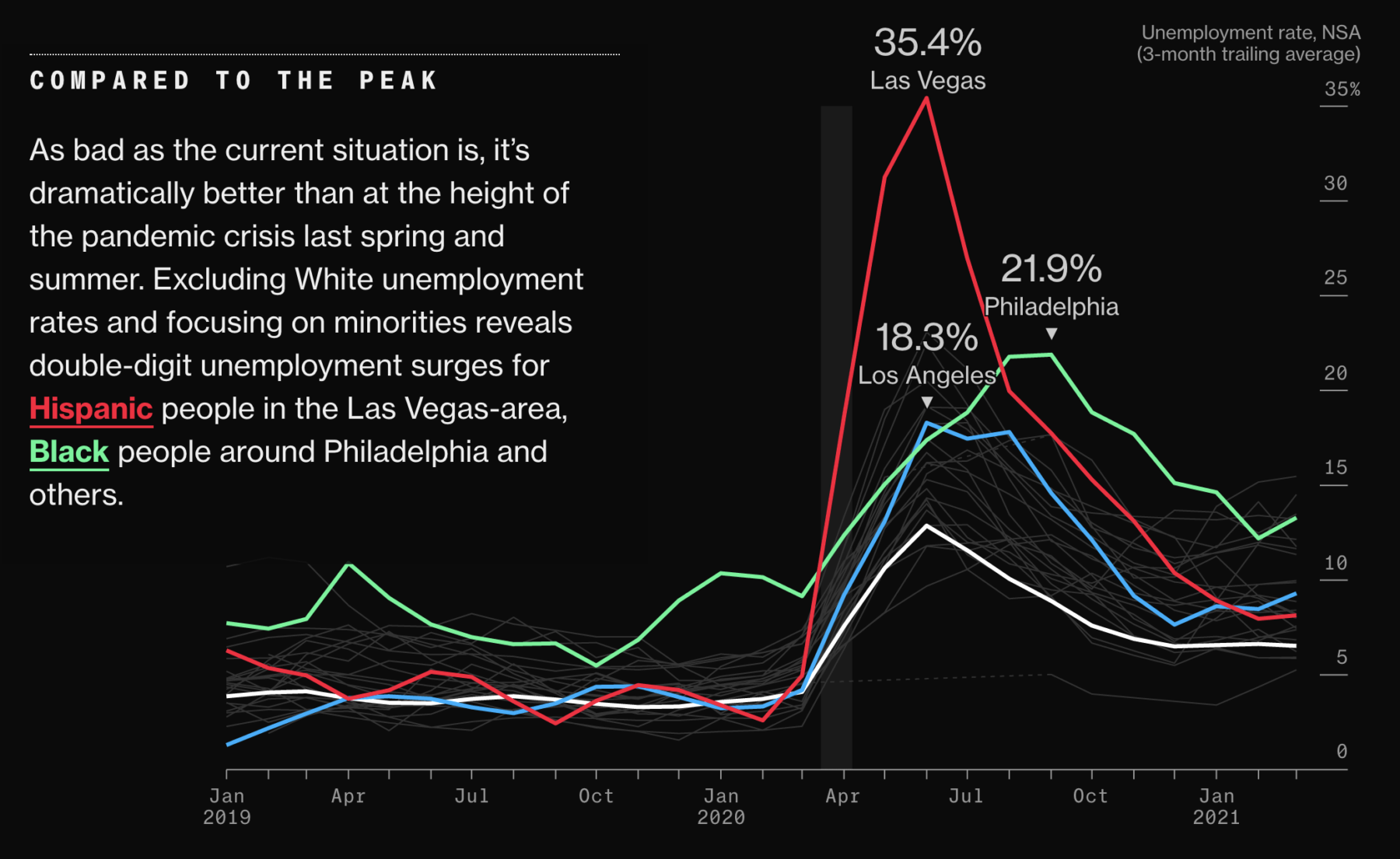My end of week morning train WFH reads:
• Is the $1 Trillion Coastal Housing Market a Future Financial Crisis? A decade or two from now — perhaps much sooner — we may be parsing the early signs of the Coastal Housing Crisis, brought on by climate change and its rising seas. If present trends continue, that crisis would also involve soaring home prices and mortgage debt in the most flood-vulnerable zones, and regular, if not catastrophic, flooding that makes once-prized areas undesirable, if not unlivable. (UCLA Anderson Review)
• Dogecoin Is Surging Again Because Elon Musk Is Going on SNL, and It’s Glorious So here we are. Professional analysts being forced to write things like “Dogecoin is surging because many cryptocurrency traders do not want to miss out on any buzz that stems from Elon Musk’s hosting of Saturday Night Live” because that’s a genuinely important development in the global markets right now. (Slate)
• From Dutch Tulips to Internet Stocks, Bubbles Often Burst Long before SPACs and NFTs, investors clamored for everything from exotic bulbs to Pets.com. What history shows is that an inventive corner of the financial world can turn into a mania that attracts swindlers and wipes out investors. (Wall Street Journal)
• Why Traditional Bond Managers Should Pay Attention to This Blackstone Deal With the purchase of DCI, the private equity giant is quietly transforming the credit business. (Institutional Investor)
• The battle for 1042 Cutler Street As landlords and tenants go broke across the U.S., the next crisis point of the pandemic approaches (Washington Post)
• ‘Belonging Is Stronger Than Facts’: The Age of Misinformation Social and psychological forces are combining to make the sharing and believing of misinformation an endemic problem with no easy solution. (New York Times)
• Persuading the Body to Regenerate Its Limbs Deer can regrow their antlers, and humans can replace their liver. What else might be possible? (New Yorker)
• The Other Side of Languishing Is Flourishing. Here’s How to Get There. Research shows that the pandemic took a toll on our overall well-being and left many of us drained. Here are seven simple steps to get you thriving again. (New York Times)
• If you think you’ve got a porn addiction, you probably haven’t Part of the confusion stems from the popular notion that porn is addictive. The basic argument is that pornography is an unnatural stimulus that didn’t exist during most of human history, and that our brains are therefore not equipped to handle it. But this argument is flawed. We also didn’t evolve to drive cars, or live in houses, or use electricity, but no one claims that those modern technologies are addictive. (Psyche)
• John Swartzwelder, Sage of “The Simpsons”: The first major interview with one of the most revered comedy writers of all time. (New Yorker)
Be sure to check out our Masters in Business podcast with Michael Lewis, the poet laureate of finance. We discuss his latest book, The Premonition, A Pandemic Story. He is the author of Undoing Project, Moneyball, Flashboys, Big Short, and so many others. The The Premonition describes how the United States was the best prepared nation in the world for a pandemic, yet allowed a variety of its institutions to fail.
The Booming U.S. Recovery Is Leaving Some Communities Completely Behind

Source: Bloomberg
Sign up for our reads-only mailing list here.
~~~
To learn how these reads are assembled each day, please see this.

